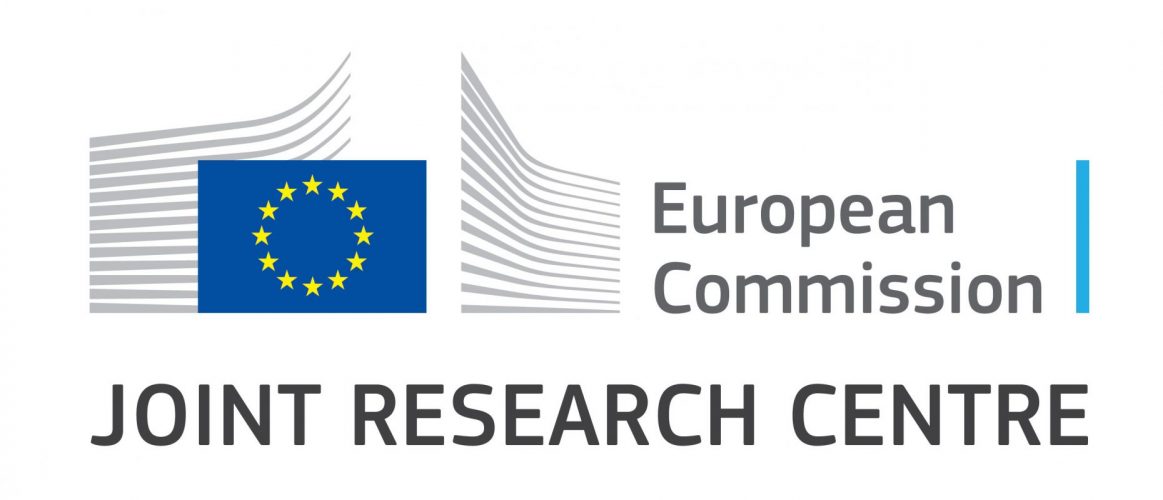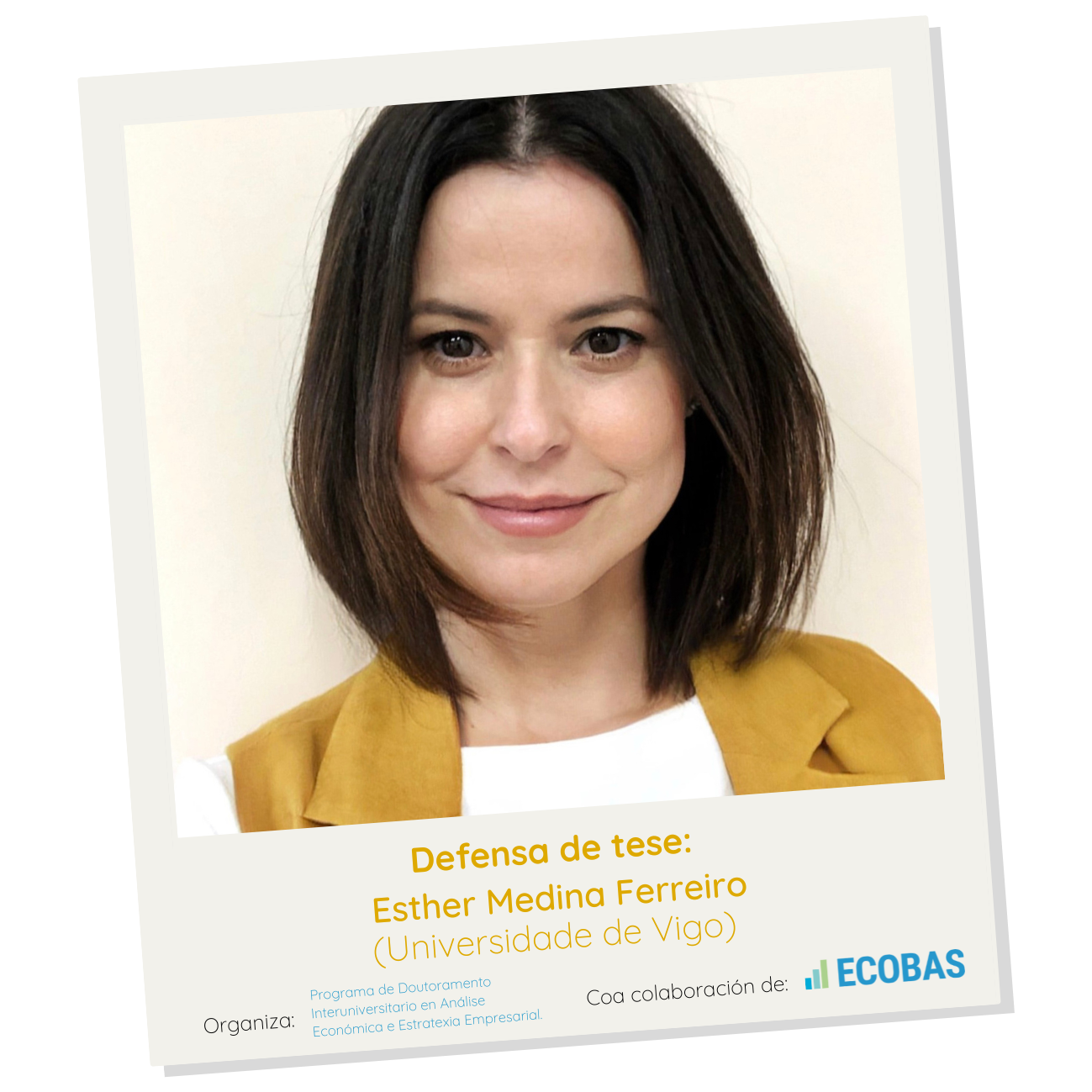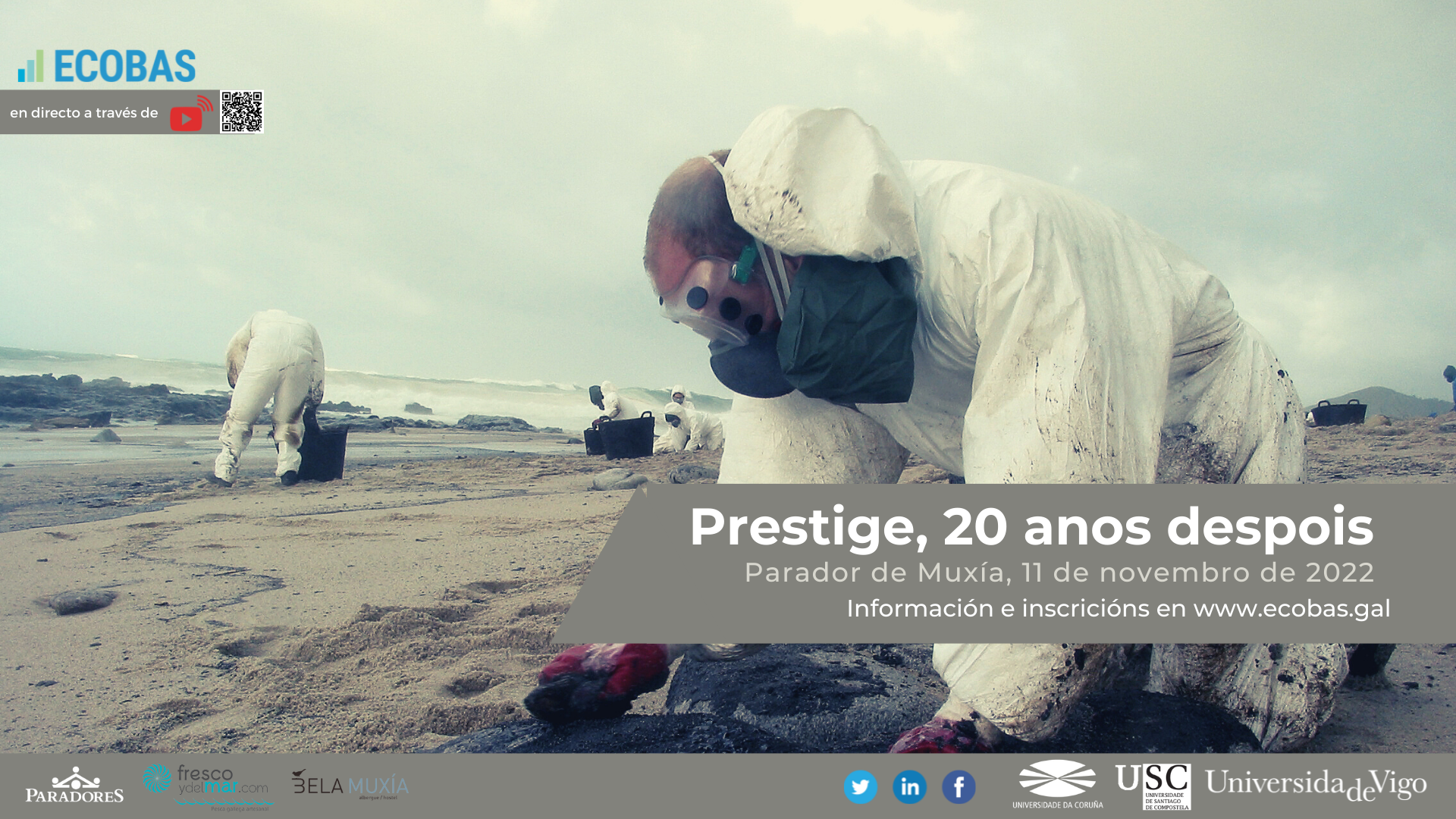JRC B2 Seminar: "Taxing Households Energy Consumption in the EU: the Tax Burden and its Redistributive effect" - Antonio F. Amores
Abstract
The taxation of energy consumption is a central topic in the current policy debate of the European Union. While raising energy taxation is part of the European Commission's strategy for achieving its 2030/50 climate targets, the ongoing dramatic increases in the price of energy products are raising calls for reducing their taxation. Therefore, a close consideration of the incidence and redistributive effects of energy taxation is crucial to design compensatory measures and to ensure support for the Green transition. In this paper, we employ the EUROMOD microsimulation model to estimate the burden and the redistributive impact of energy consumption taxation on households across Member States. In doing so, we break down the role played by differences in consumption patterns, rates of taxation and their regressivity. We find that countries where energy taxation is the highest are often not the ones where its incidence on household income is the strongest. At the same time, the highest inequality impact is not always taking place in countries with the most regressive energy taxation. We therefore stress the importance of considering, not only the level of energy consumption taxation, but also its regressivity and its incidence over household income when assessing its inequality cost.
Speaker
Antonio F. Amores is an economic analyst at JRC Seville. He currently focusses on Indirect and Green Taxation (developing the EUROMOD microsimulation model Indirect Tax Tool and linking emissions to it). He has also wide experience in projects related with supply-use and input-output tables and on Productivity. Antonio previously worked for the Andalusian Regional Statistical Office and the Spanish Trade and Economic Office (Embassy of Spain in Chile). He is also Associate Professor in Pablo de Olavide University (Seville, Spain) with more than ten years’ of active experience in Quantitative Methods for Economics, on permanent special leave to serve at the European Commission since 2012. He was a visiting researcher at Tilburg University (the Netherlands).
JRC B2 Seminar: "Mispriced Authority: Arbitrage and Internal Capital Markets of Multinationals" - Anna Abate Bessomo
Abstract
Using the example of internal capital markets of multinational enterprises, I show theoretically that policies ignoring the internal allocation of authority, such as arm’s length transfer pricing, have negative consequences if decision-making is (partly) centralised. I show that these policies result in profit shifting through interest rate arbitrage, increase the tax elasticity of investment, and disincentivises decentralisation to local joint venture partners.
Speaker
Anna Abate Bessomo is a PhD candidate at the economics department of the European University Institute in Florence, Italy. Before that she studied in Ireland, the Netherlands, and Belgium. Her research focuses on organisational economics, with secondary interests in public economics, corporate governance, and applied micro theory.
Prestige, 20 anos despois
Programa:
10.00 - 10.10H Apertura
10.10 - 11.30H Primeira mesa redonda: A ciencia galega co Prestige
A mesa contará con investigadores/as que dende distintas disciplinas nos achegarán aos impactos e pegadas que deixou o buque Prestige nos ecosistemas galegos, na nosa economía e nas pobacións locais.
Mesa moderada polo xornalista Pepe Formoso
Ricardo Beiras - Catedrático Ecoloxía, UVigo
Maria Loureiro - Catedrática Economía, USC
Antonio García Allut - Catedrático Antropoloxía Social, UDC
Ricardo García Mira - Catedrático Psicoloxía Social, UDC
Juan Garrido Fernández - Profesor titular Enxeñería Química, USC
Ramón Sabín - Representante legal cofrarías
11.30 - 12.00H Café
12.00 -13.30H Segunda mesa redonda: Experiencias en primeira persoa
A mesa contará con representantes dos actores sociais máis relevantes que interviron na catástrofe do Prestige, compartindo as súas experiencias dende as cofrarías, servizos de protección civil, voluntarios, e outros.
Mesa moderada polo xornalista Pepe Formoso
Milucho Louro - Portavoz Fresco y del Mar
Nacho Castro - Secretario Cofradía de Muxía
Sven Schewebsch - Voluntario
Sole Méndez - Voluntaria
Chisco-Francisco Naval - Escritor
13.30 - 14.00H- Reproducción de videos de convidados e entradas por streaming (Iñaki Gabilondo, Mercedes Milá, Manolo Rivas e outros)
14.00 - 14.20H- Conclusións e Reflexións
Albino Prada - Economista e profesor, UVigo
14.20 - 14.30H Actuación musical en directo do acordeonista ceense Fernando Fraga
14.30H Peche da xornada
JRC B2 Seminar: "The role of family social transfers in reducing child poverty in Portugal" - Sara Riscado
Abstract
One fifth of the children in Portugal live in households at risk of poverty, and reforms to strengthen fiscal support to families with children are often being proposed by scholars and policy makers. This paper uses the microsimulation model EUROMOD and data from the EU-SILC to assess the power of selected tax and benefit rules currently in place to reduce child poverty and to simulate hypothetical changes to these rules in a revenue-neutral set-up. To obtain a comprehensive view of the effects of these hypothetical policy changes, their impacts on the labour market are also quantified using a discrete choice labour supply model. Considering a parametric reform with a limited cost, the Rendimento social de inserção, the Portuguese minimum income benefit, is the most efficient instrument to reduce child poverty, being also the one generating higher labour market disincentives.
Speaker
Sara Riscado is an economist from the Public Finance and Structural Studies Unit of the Economics and Research Department of Banco de Portugal. Before that she was an economic analyst of the Fiscal Policy Unit of the JRC, and she has also worked in the Portuguese Council of Public Finance. Her research interests focus currently on public finance and applied microeconomics.








